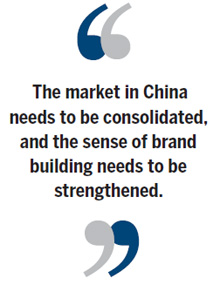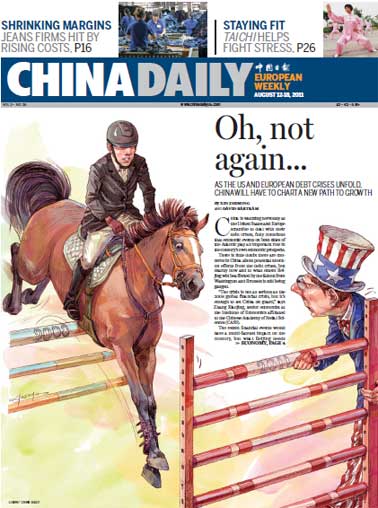Long way to go
Updated: 2011-08-12 12:37
(China Daily European Weekly)
Editor's note: Wang Zhuo, secretary-general of China National Garment Association, shares his views about China's clothes market with China Daily reporter Hu Haiyan.
Q: How are the denim market and the clothing market, in general, faring?
A: The denim market is a highly competitive one. It is a small offshoot of the country's clothing market. The jeans market reflects where the apparel industry is at. It is now growing rapidly, almost all major world brands having established a presence in China to tap the increasing disposable incomes of the growing middle- and upper-middle classes.
|
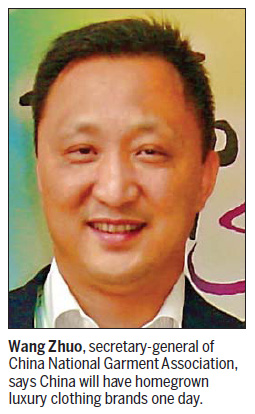 |
Clothes sales are growing rapidly. The sales of the clothes always constitutes about 10 percent of China's consumer sales. It would be fair to say that the clothing market is fiercely competitive, and we now have to carry out reforms to deal with coming challenges.
What advantages and disadvantages do domestic clothes producers have compared with their foreign counterparts?
Chinese clothes producers have already developed complete industry chains, a mature market and stable consumer groups. The most important thing is that China's clothes market has great potential, and the ground is fertile for producers.
While the country is replete with producers, none have gained enough recognition internationally. The market in China needs to be consolidated, and the sense of brand building needs to be strengthened.
|
|
For jeans producers there is an additional challenge, related to protecting the environment. Because the dyeing process in making jeans can cause pollution, jeans companies are facing higher hurdles in improving their technology.
What specific challenges do domestic clothing producers face?
The time is gone when China's clothes market grew exceptionally fast due to its cheap labor, and now the industry's continued development demands improved technology and management expertise.
How do you think Chinese companies can improve the image of their brands? What if they want to develop luxury brands?
For me brand development is very important. Our lack of any internationally famous brands is despite our having advanced clothes-making technology. I believe the biggest problem lies in brands' cultural creativity and product development.
One of the industry's biggest tasks has been to improve brand awareness and product development to make sure that market placement is right and put out products that bring out the unique qualities of each brand.
Although there are no Chinese luxury clothing brands, I'm sure that in the future they will exist. It just needs time.
And some suggestions for clothing companies that want to go abroad?
They first need to enhance their awareness of brand-building. For instance, Jiang Nan Bu Yi, a Hangzhou-based clothing manufacturer, has already opened almost 30 stores in overseas markets.
To succeed internationally, companies need talent people with international management expertise and knowledge of local markets.
But going global is not really an option for most clothing companies. It is much more costly than doing business at home. For instance, the cost of opening up a store in other countries is much higher than in China. In addition, because the domestic market is so huge, I advise clothing companies to explore the domestic market well before they penetrate overseas markets.
At present, competition is becoming very fierce in home markets. It will be good for Chinese clothing companies to gather experience by competing with foreign and local brands in the Chinese market, find proper partners and gradually apply what
E-paper
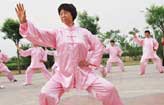
Going with the flow
White-collar workers find a traditional exercise helps them with the frustrations of city life
The light touch
Long way to go
Outdoor success
Specials

Star journalist leaves legacy
Li Xing, China Daily's assistant editor-in-chief and veteran columnist, died of a cerebral hemorrhage on Aug 7 in Washington DC, US.
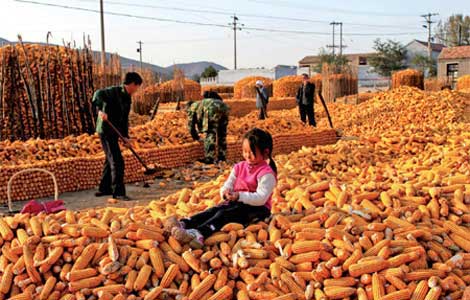
Sowing the seeds of doubt
The presence in China of multinationals such as Monsanto and Pioneer is sparking controversy

Lifting the veil
Beijing's Palace Museum, also known as the Forbidden City, is steeped in history, dreams and tears, which are perfectly reflected in design.
